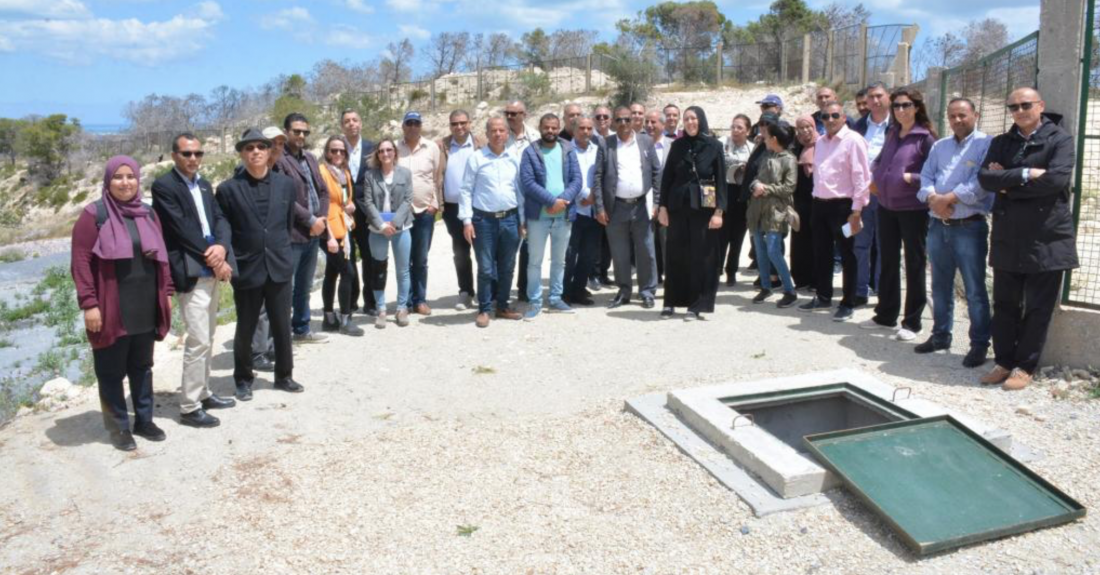MENAWARA provides important learning opportunities linked to non conventional water in Tunisia: 80 people trained.

In an effort to enhance understanding and utilization of non-conventional water (NCW) in Tunisia, the Office National de l'Assainissement (ONAS) successfully organized three comprehensive training courses from May 2nd to May 5th, 2023. The courses attracted approximately 80 eager participants, including 18 farmers, 35 wastewater treatment plant (WWTP) engineers, and 22 agricultural extension workers.
Throughout the training sessions, participants delved into a range of critical topics related to the use of non-conventional water. The three main themes addressed were: 1) Promoting the Awareness, Good Practices, and Benefits of Treated Wastewater in the agricultural sector, 2) Efficient Operation and Performance Monitoring of Wastewater Treatment Plants, and 3) The Role of Valorization of Treated Wastewater.
The training courses proved to be valuable opportunities for identifying and addressing the specific needs of participants, ensuring their active engagement. Notably, several new requirements emerged from the farmers, including the necessity for a communication and exchange platform that connects them with stakeholders and public services involved in NCW. Moreover, they expressed interest in learning more about precision agriculture-based irrigation systems, utilizing applications, and organizing visits to demonstration plots, field schools, and information days. The participants also emphasized the significance of establishing a program that facilitates knowledge sharing among leading farmers to disseminate best agricultural practices effectively.

One of the highlights of the training was the field visits to the intervention areas of Menawara in Choutrana II and Sidi Amour. The participants greatly appreciated these visits, which provided them with first hand experiences and insights. Of particular note was the visit to the Group De Development Agricole de Sidi Amor, which enabled certain farmers to witness the importance of collective effort and solidarity in their profession. This visit served as an inspiring model that could be replicated in other regions for further development.

For the agricultural extension agents, the training focused on the significance of treated wastewater and good governance for monitoring NCW.
The interactive nature of the sessions facilitated the exchange of experiences, leading to collaborative solutions for common challenges. This approach proved successful in enhancing the agents' understanding of their mission and equipping them with effective responses to issues such as water cut-off accidents, hygiene, and user protection.
The MENAWARA training courses marked a significant step forward in promoting knowledge and awareness of non-conventional water in Tunisia. By equipping participants with the necessary tools and insights, the initiative seeks to foster sustainable practices and maximize the potential of NCW in various sectors. With 80 individuals trained and empowered, the future of non-conventional water in Tunisia looks promising.









